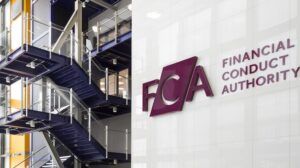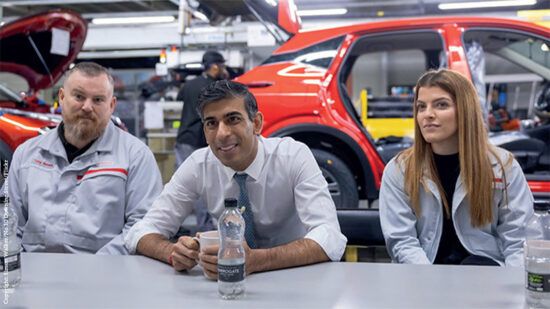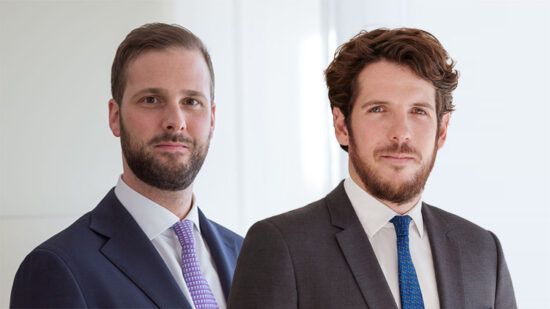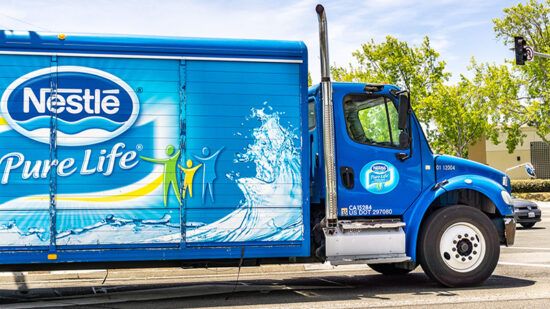In her new role as head of ESG and sustainable investing at American Century Investments, Sarah Bratton Hughes said she is ready to push the firm into its next phase – moving out of the “ESG silo” and into the megatrends that will dominate the next 20 years.
Having only been at the firm since the start of the year, she said there has been a strong foundation of sustainable investing for a number of years so her focus has been on the themes the investment teams need to hone in on over the next few decades.
“We are moving out of the ESG silo and asking ourselves what are the defining themes of the future sustainable economy?
“Whether that is looking at the SDG [UN’s Sustainable Development Goals] funding gap in terms of where we need private funding, or the different approaches to sustainable investing, such as best in class, transitioning, engagement and innovation, we are asking what are these themes.”
The group has identified five themes for the next 10-20 years:
- Healthcare
- Empowerment – D&I
- Sustainable living and the circular economy
- Environment, carbon and biodiversity
- Digitalisation
Within these, sub-themes have been identified that will be looked at over the five-10 years, and then even further sub-themes are to be explored on a three- to five-year timeframe.
Quality jobs
Bratton Hughes talked through all the themes but seems particularly enamoured when she the empowerment theme, and refers to the labour shortage in the US and the ‘Great Resignation’, which is being seen all over the world post Covid-lockdowns.
See also: – Investment industry can help upskill for climate transition
“This is an opportunity as well as a risk. Our focus is on quality jobs and the concept of treating employees as assets rather than liabilities, and investing in them.
“If employers do this, they see greater productivity, lower levels of absenteeism, greater levels of safety, quality jobs and a culture that people are looking for.
“Of course, wages are the most important thing, people need to be able to afford a roof over their heads.
“But benefits such as health benefits, paid sick time, maternity leave, paternal leave and flexible working really play a part and so does the empowerment piece – the ability to actually do your job and feel like you are making an impact.”
See also: – Companies with thriving culture see double rate of return
Bratton Hughes added it has been estimated that the number of disengaged employees within companies costs $400-450bn at the macro level, and for companies turnover costs them 34% of employees’ salaries.
“These are pre-Covid numbers, I would guess the cost right now is even more staggering,” she adds.
Schroders’ exit
Talking about her own recent move after spending over a decade at Schroders latterly as global head of sustainability solutions, she said ACI’s “unique business model” was one of the key motivations. The company donates 40% of its profits to its controlling owner Stowers Institute for Medical Research, which is dedicated to defeating life-threatening illnesses.
“Medical research has impacted us all; unfortunately we all know someone who has or has had cancer, I am currently pregnant, which was enabled by medical research. I wanted a company that is truly embedding the ability to do good while doing well into its core – and it’s true here. I don’t think there are many other asset managers that can say the same.”








